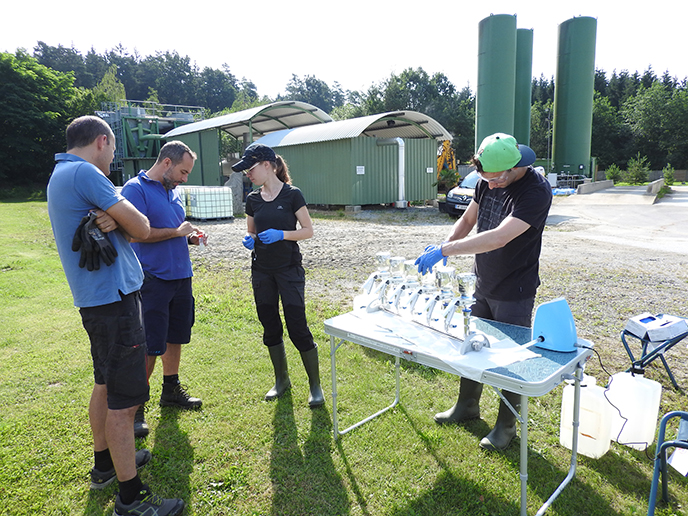Helping youth find their way in work
Young people in Europe often feel powerless in a tough environment replete with economic, technological, demographic and cultural challenges. This has been witnessed in higher school dropout rates and increased unemployment. The EU-funded project 'Making capabilities work' (WORKABLE) sought to empower today's youth in Europe in order to overcome these challenges. Aiming to encourage young people by developing better policies, the project investigated institutional and political strategies that enhance social sustainability. It closely looked at ways to deal with local labour market demands and regional inequalities. Such an endeavour involved examining the match between young people's capabilities and changing labour market needs. It also involved exploring educational strategies and how young people put their skills and knowledge to good use. More specifically, the project team mapped labour market polices and built case studies related to educational and training programmes. It then analysed standard paths of education and transition to employment, factoring in migration, technological change, ageing societies and civic engagement. An important part of the project looked at why people fail in the standard pathways of education and transition to employment, examining coping mechanisms and spurring debate on the topic. Unsurprisingly, the project team concluded that in almost all EU countries higher educational levels lead to better jobs and better life chances. It noted the limited number of high-skilled jobs and outlined the level of exposure to poverty and deprivation. The project's findings also highlighted the short- and long-term effects of active labour market policies, as well as the strong negative effects of unemployment on mental health in the short term. These findings have important implications for policymaking across the EU, aiding governments to understand the factors that restrict or enable young people's capabilities. The project team disseminated the results to both academic and policymaking circles, focusing on improving young people's capabilities in pursuing work and education, in addition to giving them a voice. Once policies are fine-tuned in line with these findings, they are bound to strengthen education, foster employment and open new career horizons for our youth.







